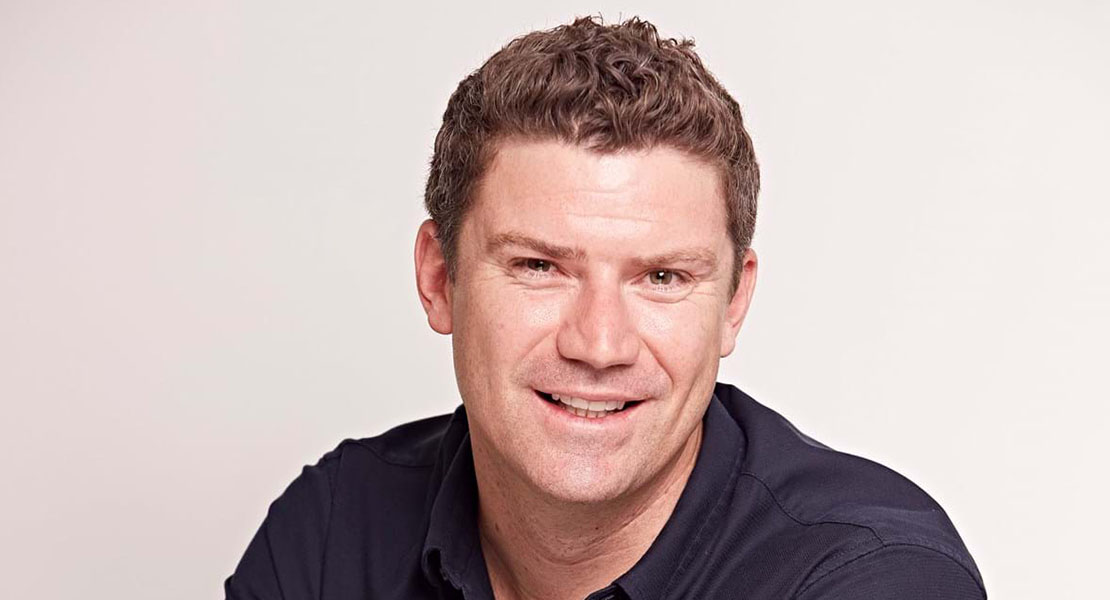Interview with Cameron Swan, Group Managing Director, Active International
Retail World: In your business you see brands facing various challenges from strained advertising budgets to excess or obsolete stock. How has the pandemic impacted businesses and are there signs of a bigger and enduring problem?
Cameron: We are dealing with unprecedented uncertainty. The unpredictability that has come with the COVID pandemic is causing varying issues for clients and industries. Some clients are unable to sell inventory, others don’t have enough and are unable to receive timely deliveries, while some sectors are performing well but are unable to monetise the same way they used to.
I see consumer spending playing an enormous part in long term effects and in my view, the true impacts of COVID’s economic fallout is yet to be seen across key susceptible sectors.
Even though we can’t control the consumer behaviour and what the ‘new normal’ will look like, we certainly have the opportunity to make changes and adjust our offering to stay relevant. However, a business that survives in a time of uncertainty is one thing; a business that is positioned for growth after the crisis is another. My view is keeping companies fit & healthy will help us better prepare for recovery and bounce back faster post-COVID.
Retail World: How do you see businesses across FMCG & Retail categories that work with Active respond to this?
Cameron: From what we have seen so far, no two businesses have responded the same way which supports my unpredictability stance on the situation. I think those who have been digitally slow out of the blocks, lacking the advancement of e-commerce has forced them to develop to support their market competitiveness.
From a marketing position, some clients have chosen to pause their planned media spend and focus on cashflow preservation. Marketing budgets are usually first to be cut as businesses seek to yield noticeable returns quickly. While cutting ad budgets is a temporary fix to a short-term deficit, it could put brands at a significant competitive disadvantage during the recovery stage. So, the high risk is in the long run.
We encourage our clients to tackle COVID-19 head on. We tell brands that right now there is an opportunity to increase their share of voice when competitors are spending less and remaining quiet. Losing consumer recognition and/or engagement is hard to recoup.
Staying active during downturn is working hard towards building on market share. Brand building now with media consumption is up 70% globally leads to long-term profitability.
We know consumers are out there; you just have to be smart about how to reach them and with what message. I would like to see more businesses using this as a platform for overall growth of their brand where feasible. We see businesses navigate through the pandemic lifecycle a little faster than others. We are helping our clients to move out of the ‘panic stage’ and move to an ‘action stage’ preparing for recovery. Our businesses model is allowing them to use their excess or obsolete stock to part-pay for their advertising or business expenses, boosting their balance sheet.
We have put together an insights report on consumer behaviour outlining 5 reasons brands should continue advertising during a downturn. Click here.
Retail World: With every business trying to figure out what the ‘new normal’ will look like, what have you done to prepare for recovery, build financially security and bounce back faster post-COVID?
Cameron: Preparation is hard without any idea what the recovery curve will look like but we’re trying to be more dynamic. Change fast but fail faster. If something that was working yesterday isn’t working today, then review and adapt. Staying agile and innovative has always been our core value and now more than ever we are putting it to the test.
We spend our days helping clients who face commercial challenges or want to achieve more with what they have. Yet, like anyone, we have learnt lessons on the importance of our company’s agility throughout the last 2 months.
Even though cost cuts had to be made, I believe identifying areas of cost reduction that won’t damage your ability to ride the correction back to the new ‘normal’ is key. As I mentioned earlier while brands save money to prop up the balance sheet, they should also weigh-up the risk to long term goals and profitability.
Retail World: What positive changes have you seen happen in your business and your employees due to COVID?
Cameron: The pandemic has made us all think differently and question our existing approach to our teams’ health, revenue generation and management.
For us, the employee wellbeing and productivity has been the key priority. We managed to set up and have our teams work from home in just three days. Together we went through the emotional phase, then the understanding phase and we refocused ensuring we always are in a position to help our clients achieve more.
We had a very clear belief when COVID took over our world and sabotaged our 2020 business plan and that was: after COVID is gone, how we behave throughout the pandemic will be long remembered. For us this is the time to be compassionate, be helpful and add value.



